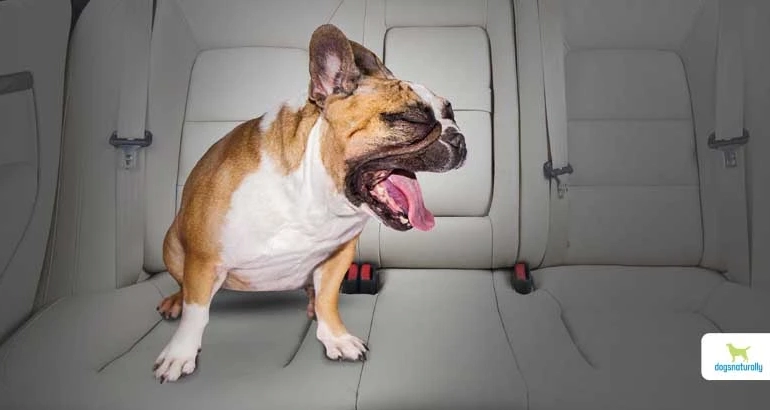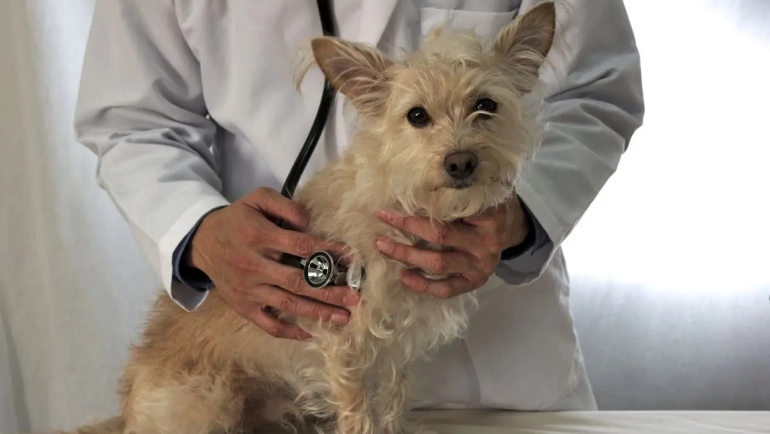187Views

Black Spots On Gums Dogs: 4 Potential Causes
Black spots on gums in dogs can be a cause of concern for pet owners. While a dog’s oral health is often overlooked, it plays a crucial role in their overall well-being.
In this comprehensive guide, we’ll explore the potential causes of black spots on gums in dogs, their implications, and how to address and prevent them.
Causes of Black Spots on Gums Dogs:
1- Dental Disease:
One of the most common causes of black spots on gums in dogs is dental disease. Periodontal issues such as gingivitis and periodontitis can lead to discoloration, inflammation, and the formation of black spots.
These spots may indicate the presence of bacteria, plaque, or even decay.
2- Melanosis:
Melanosis is a benign condition where pigmented cells called melanocytes accumulate in the gums. This can result in black spots or patches on the gums, particularly in certain breeds with more pigmented oral tissues.
While generally harmless, it’s essential to monitor any changes in size or appearance.
3- Oral Tumors:
In some cases, black spots on gums may be a sign of oral tumors. These can be benign or malignant and require immediate veterinary attention. Regular oral examinations are crucial for early detection and prompt treatment.
4- Foreign Bodies:
Dogs are curious creatures, and they may chew on various objects. If a foreign body becomes lodged in the gums, it can cause irritation, infection, and the formation of black spots.
Regularly inspecting your dog’s mouth for any foreign objects is a good practice.
Read Also: Can Dogs Eat Fruits?
What You Can Do?

- Professional Dental Care: Schedule regular dental check-ups with your veterinarian. Professional cleanings can help prevent and address dental issues, reducing the likelihood of black spots on gums. Your vet can also provide guidance on at-home dental care.
- Oral Hygiene at Home: Implement a regular oral hygiene routine for your dog. Brushing their teeth with dog-friendly toothpaste, providing dental chews, and using dental wipes are effective ways to maintain oral health and prevent black spots.
- Dietary Considerations: A balanced and nutritious diet can contribute to your dog’s overall health, including their oral well-being. Consult with your veterinarian to ensure your dog’s diet supports their dental health.
- Monitoring Changes: Regularly inspect your dog’s gums for any changes in color, size, or texture. If you notice new or worsening black spots, consult your veterinarian promptly for a thorough examination.
Conclusion:
Understanding the causes of black spots on gums in dogs is crucial for maintaining their oral health.
By addressing potential issues promptly through professional care, at-home dental hygiene, and a proper diet, you can ensure your furry friend enjoys a happy and healthy life.
Regular monitoring and collaboration with your veterinarian are key to preventing and managing black spots on your dog’s gums.


